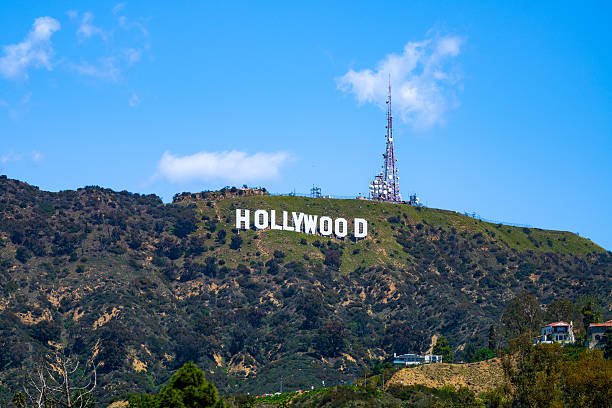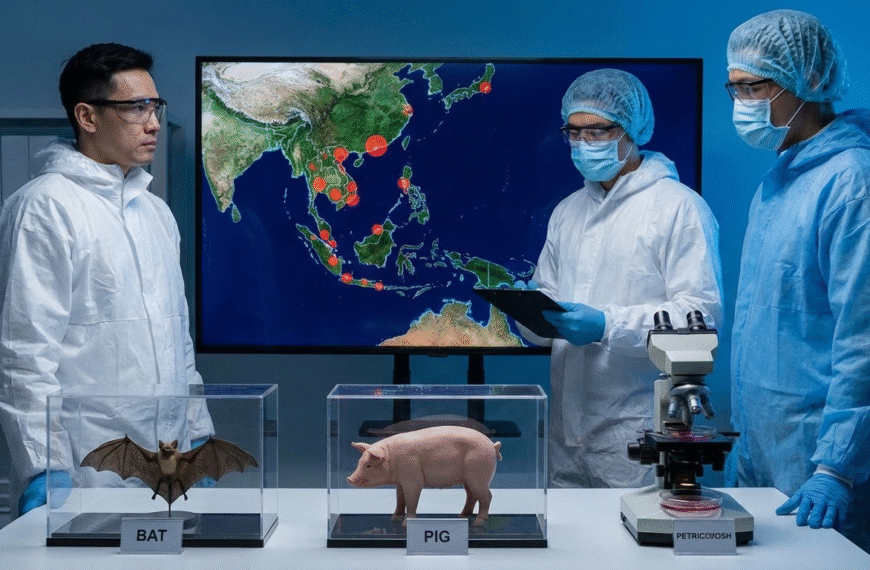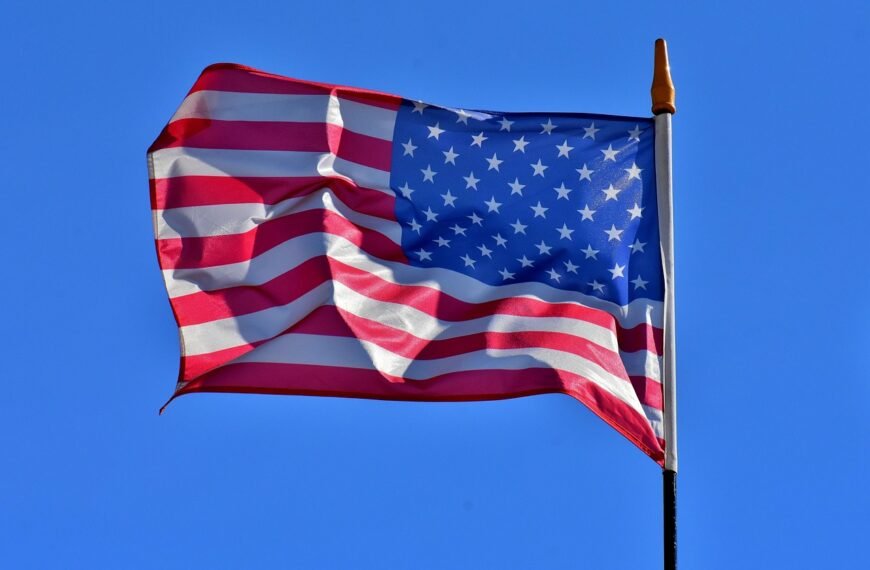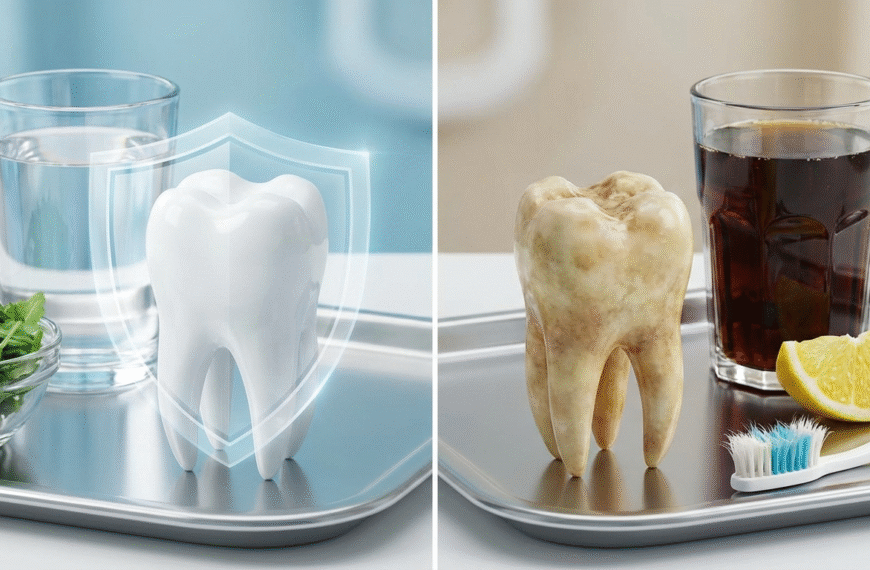US President Donald Trump has announced plans to place a 100% tariff on movies made outside of the United States. He claims this movie is necessary to revive the US film industry, which he says is declining rapidly due to foreign countries offering strong incentives to attract film productions. Trump labeled this trend a national security issue and said it also involves messaging and propaganda.
He posted the announcement on his social media platform, stating that he wants to bring movie-making back to America. Since returning to office in January, Trump has aggressively expanded tariffs on global trade partners. While he argues that tariffs protect American jobs and businesses, experts say these actions are disrupting the global economy and could drive up prices worldwide.
Trump has also appointed famous Hollywood actors Jon Voight, Mel Gibson, and Sylvester Stallone as special ambassadors to promote US film opportunities. He described Hollywood as troubled but believes it can come back stronger with support.
The US still ranks among the top film-producing countries, but spending on film production in the country fell by 26% last year, according to research firm ProdPro. At the same time, countries like Australia, Canada, New Zealand, and the UK have seen growth in production spending.
Trump’s trade policies have already impacted the movie business. In response, China recently reduced the number of American films allowed into its theaters, blaming the US government’s misuse of tariffs for the decision. China’s film regulators also warned that American movies may become less popular with their audiences.
Trump has especially targeted China with tariffs of up to 145%, and with added levies, some goods face a combined tariff rate of 245%. In return, China imposed 125% duties on US products. A 10% blanket tariff on other countries is currently in place until at least July.
Trump told reporters abroad Air Force One that trade discussions are ongoing with several countries, including China. However, he has no immediate plans to speak with Chinese President Xi Jinping. He hinted that trade deals might be announced soon but didn’t share any details. In a separate interview, Trump said he could reduce tariffs on China eventually to keep trade flowing.






















